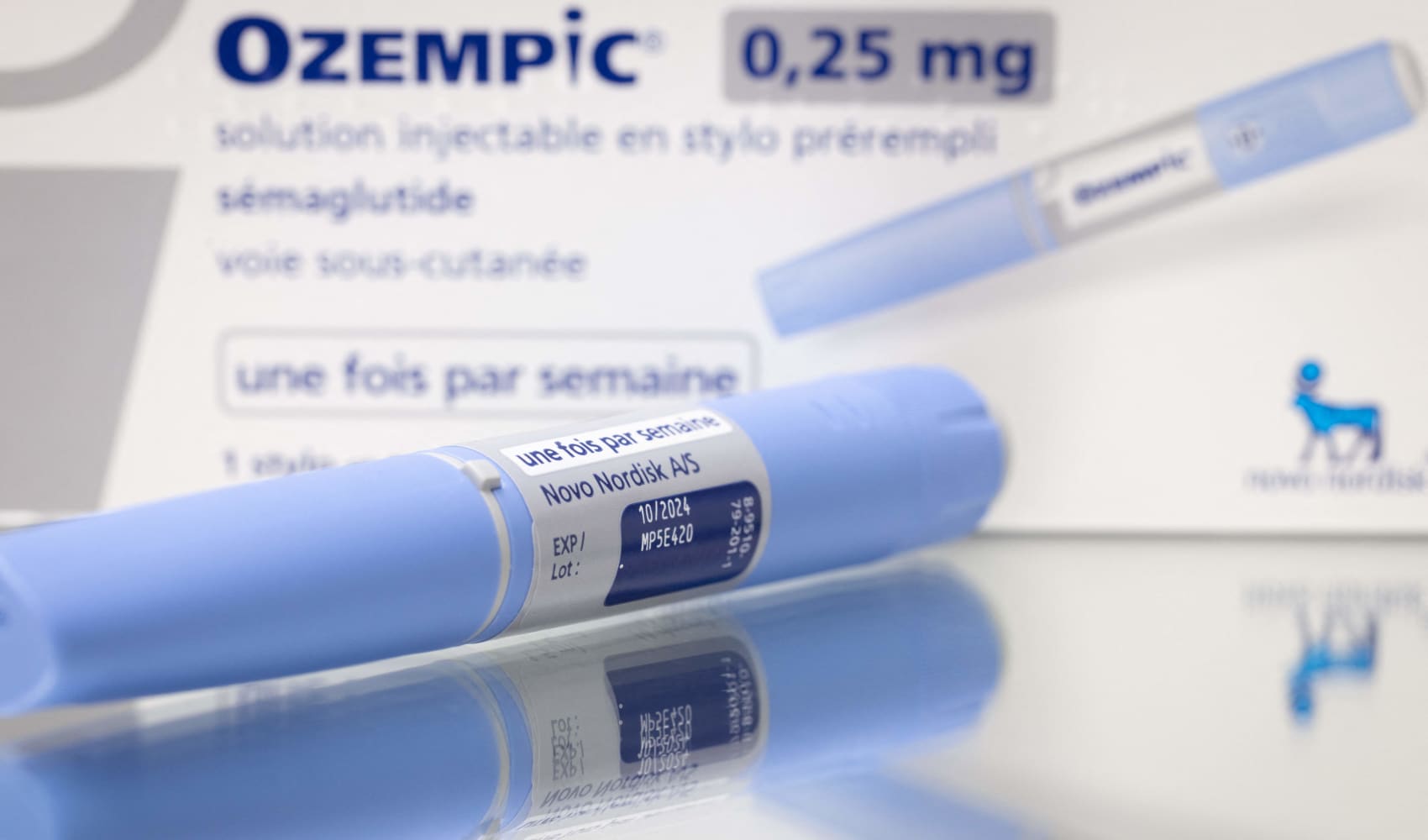Looking for that summer glow before the Memorial Day weekend comes with a word of warning from a North Texas dermatologist -- it doesn't take much to increase the risk of skin cancer.
Dr. Jennifer Holman, a board-certified dermatologist with U.S. Dermatology Partners Tyler, learned that lesson the hard way.
When Holman was younger she spent summers laying out in the sun in an effort to get a dark tan. In college and medical school, she made a habit out of using tanning beds.
"I used to have a tanning bed habit both in college and in medical school to the point that I had two memberships because they would only let you go once a day," said Holman.
Get DFW local news, weather forecasts and entertainment stories to your inbox. Sign up for NBC DFW newsletters.
Early into her dermatology residency, she noticed a new small spot on her leg, and after seeing it get slightly larger she asked her mentor, a dermatologist, to take a look at it.
Holman was diagnosed with early-stage melanoma and had the spot in her leg surgically removed.
She is thankful she had the spot checked early, and is now passionate about educating young people about the dangers of tanning beds.
"One tanning session alone can increase the chances of developing melanoma by 75% before the age of 35," said Holman.

Holman said she has diagnosed melanoma in people of all ages, even teenagers.
Health Connection
Get connected to a healthier life.
Damage isn't just from the tanning bed.
"Both UV radiation from the sunshine and from the tanning bed is cancerous, it actually breaks the DNA and people think, 'I should get a base tan so that I don't burn.' Well, that tan itself is your body's response to the DNA breakage from the UV radiation and so it's desperately trying to protect itself. So I always liken getting a base tan to smoking 10 cigarettes a day so that you can smoke 20 cigarettes a day on vacation," said Holman.
To spot skin cancer, doctors urge learning the "ABCDEs" of melanoma -- ABCDE stands for asymmetry, border, color, diameter and evolving. Read more here.




